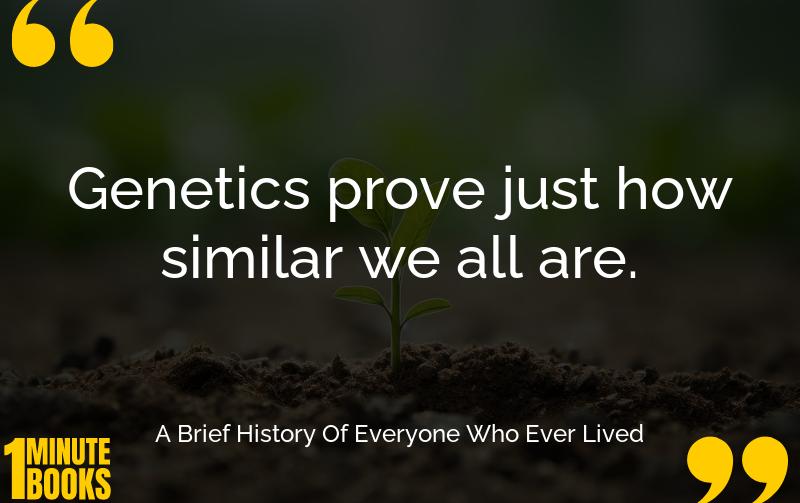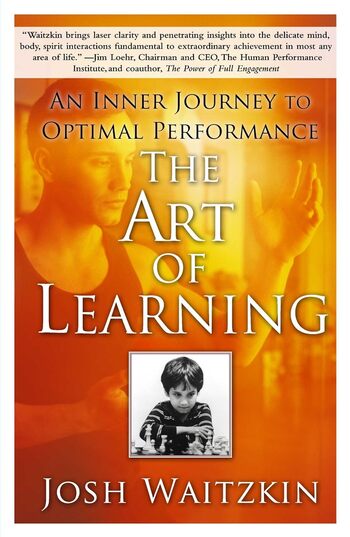
This book unravels human history through the lens of genetics, revealing insights into our ancestry, migration, and cultural development while debunking myths about race and royal lineage.
Main Lessons
- Genetic analysis can unlock insights into our ancient past.
- Cultural practices can leave genetic marks, explaining traits like lactose tolerance.
- Every human shares a common ancestry, including distant links to royalty.
- Race cannot be defined scientifically; genetic differences are greater within racial groups.
- The human genome project revealed humans have fewer genes than expected.
- Traits acquired during life can sometimes be passed to offspring.
- Humans continue to evolve, but modern conditions have altered natural selection’s pace.
- Cultural and environmental factors significantly shape genetic adaptation.
- Modern genetics debunks the myth of tribal purity among Native Americans.
- Genetic studies redefine our understanding of diseases and traits, involving complex gene interactions.
- Scientific advancements have allowed us to overcome natural limitations, akin to fictional superpowers.
- Understanding genetics reshapes our perception of identity and humanity’s shared history.
- Misinterpretations of genetics have fueled misguided ideas about race and behavior.
- Gene mutations occur in every generation, driving evolution unpredictably.
- Epigenetics demonstrates that experiences can influence genetic expression, affecting future generations.








